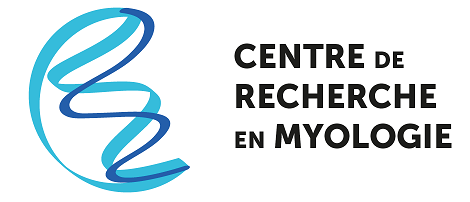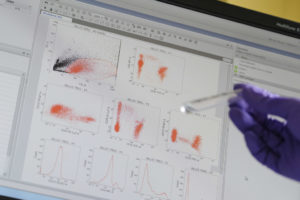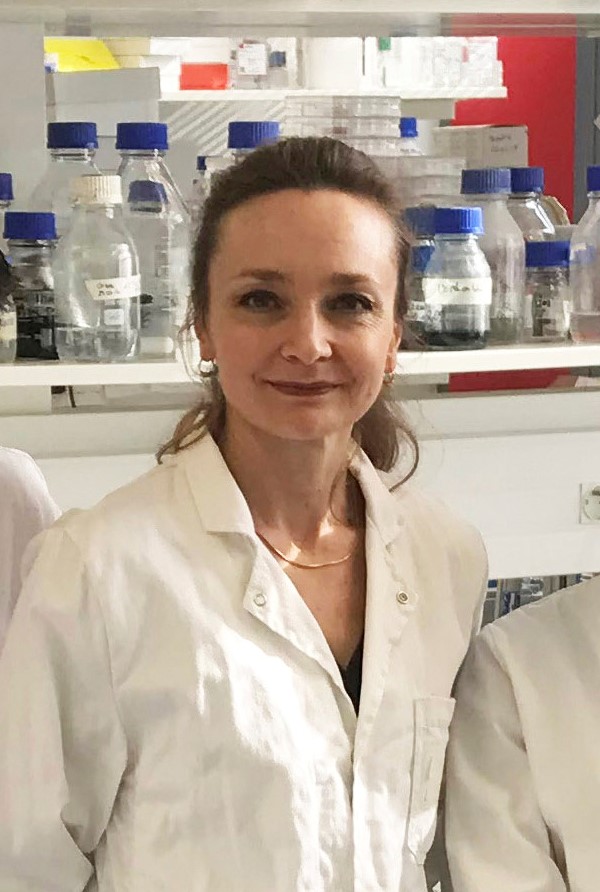Role of skeletal muscle mesenchymal progenitors in bone regeneration
Céline Colnot
Research Director DR2 INSERM at the Mondor Institute of Biomedical Research
Skeletal muscle and bone exhibit great capacities to regenerate due to tissue-specific stem cells, i.e. satellite cells and skeletal stem cells from periosteum and bone marrow. However, bone fails to heal properly in 10% of bone injuries and delayed healing is increased to 40% in patients with soft tissue damage associated with bone fracture. The role of skeletal muscle in bone repair is well recognized clinically but the underlying cellular and molecular mechanisms are poorly understood. Muscle regulates the inflammatory environment of fracture and muscle satellite cells are providing a source of growth factors for bone repair.
We show that mesenchymal progenitors residing in skeletal muscle adjacent to bone also participate in cartilage and bone formation during bone regeneration. We used single cell RNAseq analyses to characterize the skeletal muscle mesenchymal progenitors, their response to bone injury and the impact of musculoskeletal trauma on the cellular response to injury. The results elucidate the role skeletal muscle during bone repair as a source of mesenchymal progenitors contributing to bone repair, and as a mediator of initial fibrotic response and fibrotic remodelling in bone repair. The findings suggest that new pharmacological and cell-based approaches can be developed to improve musculoskeletal regeneration by targeting skeletal muscle adjacent to bone.
Read more information on Céline Colnot’s research group and on her biosktech.


